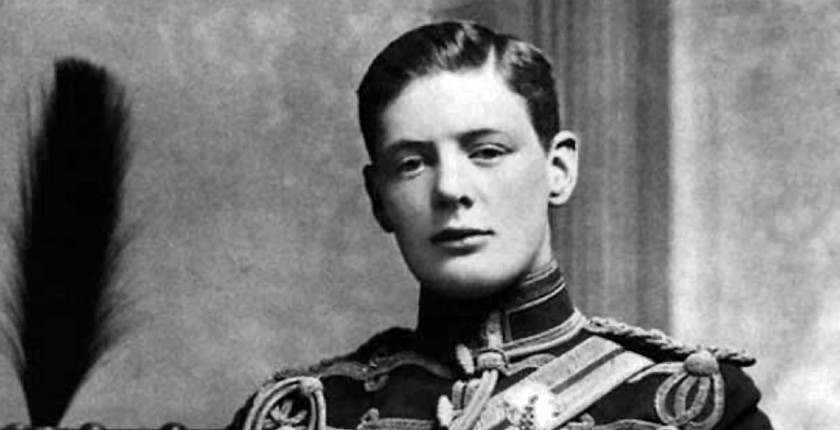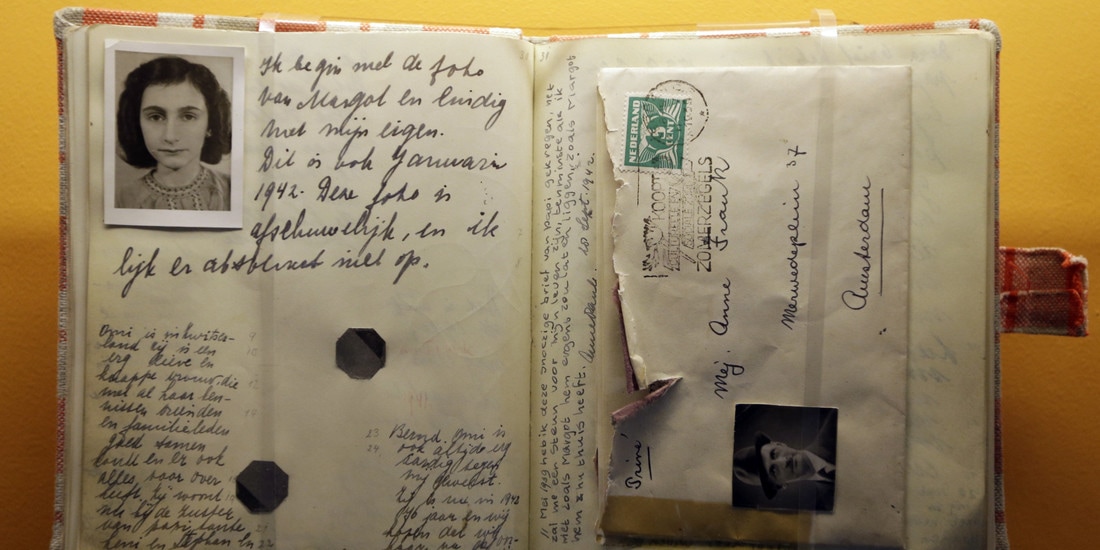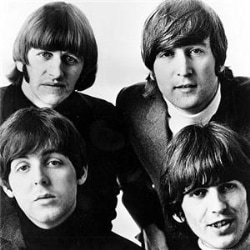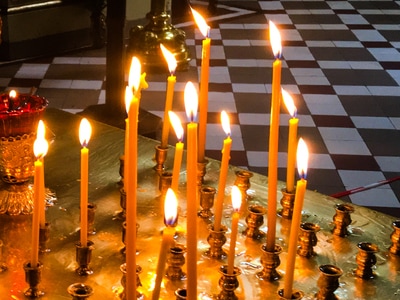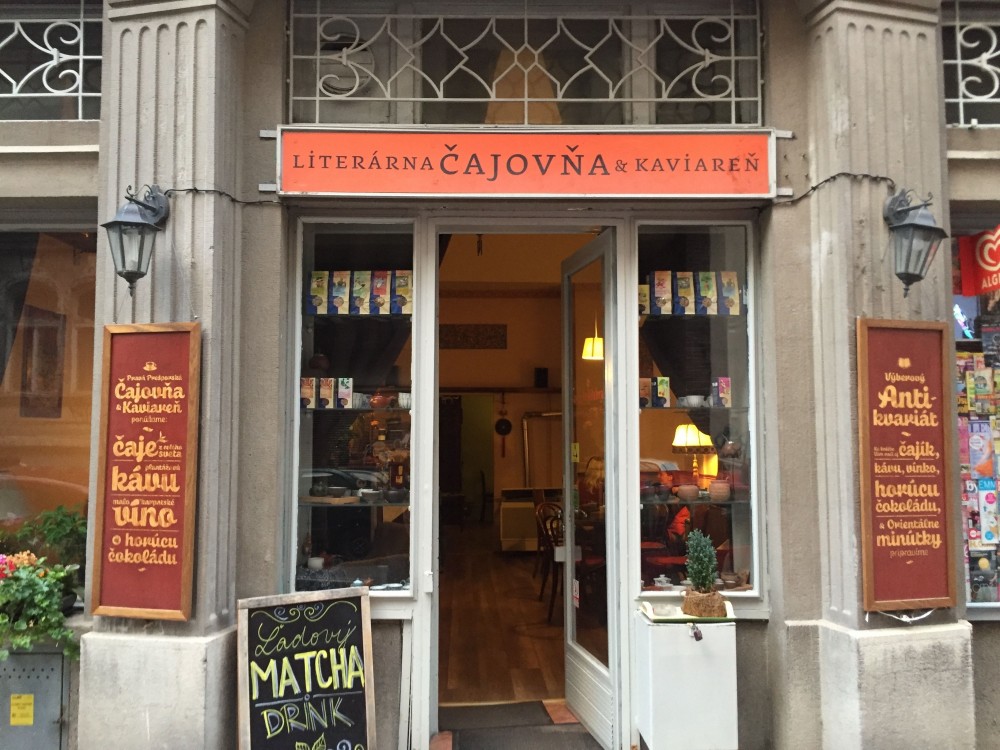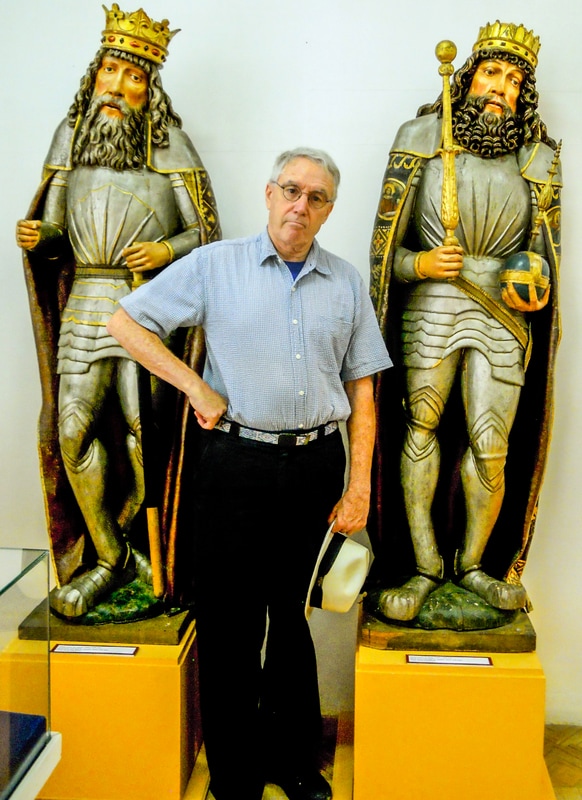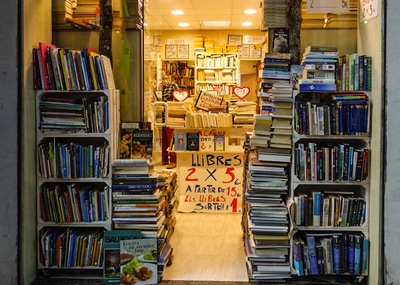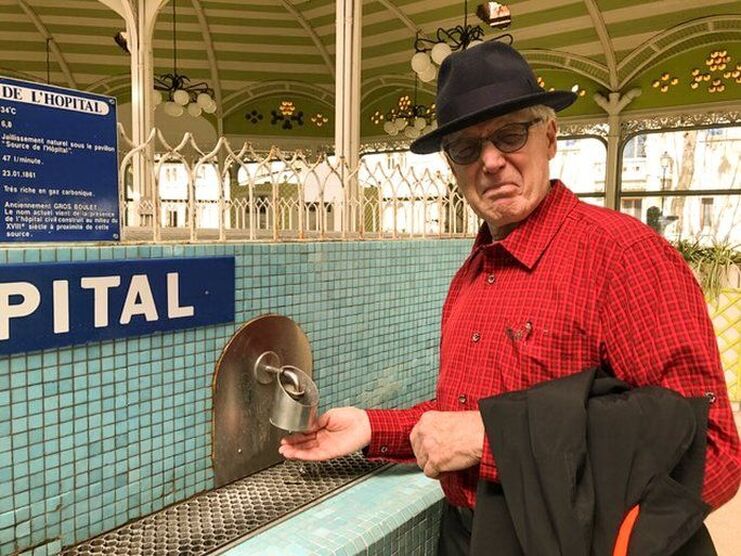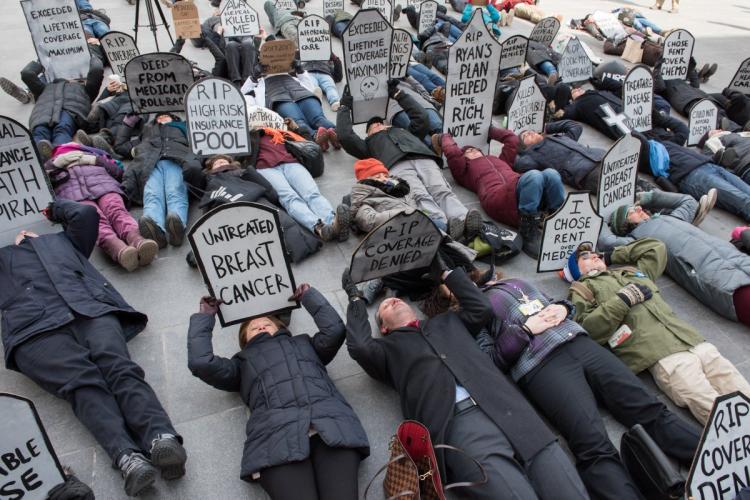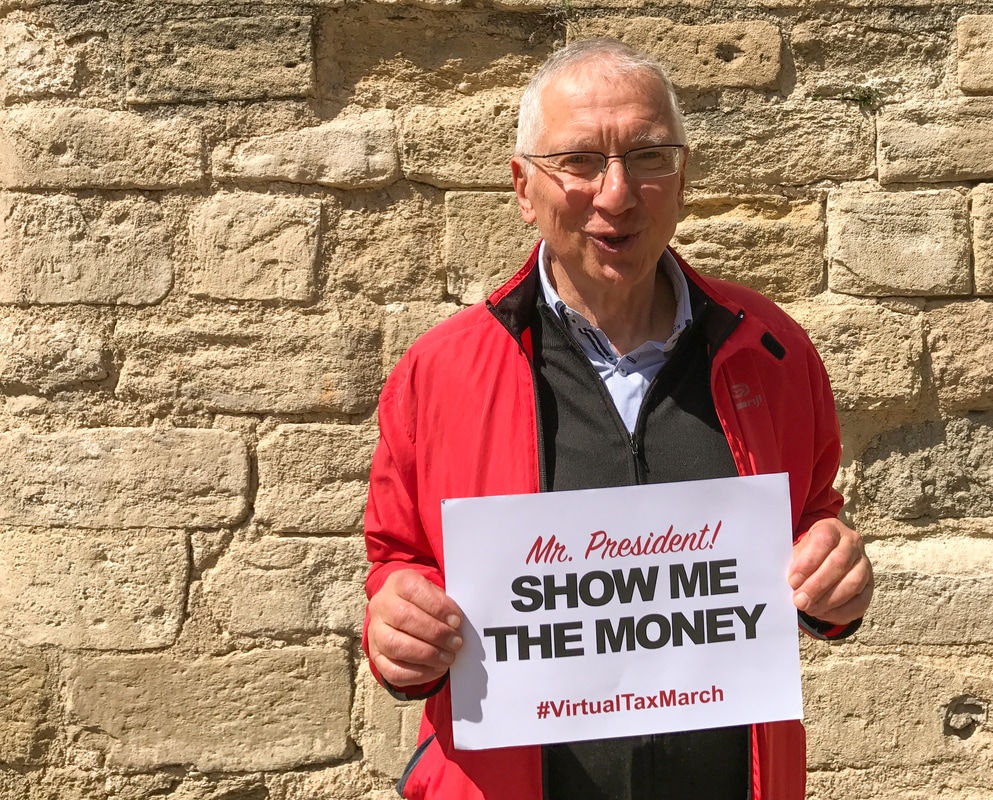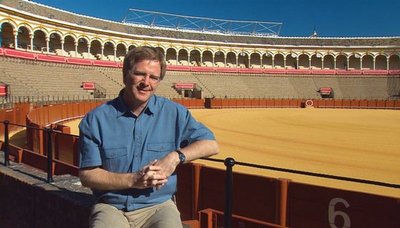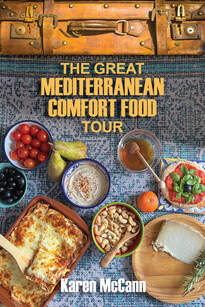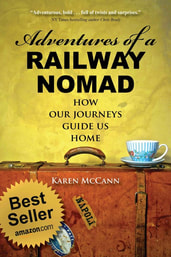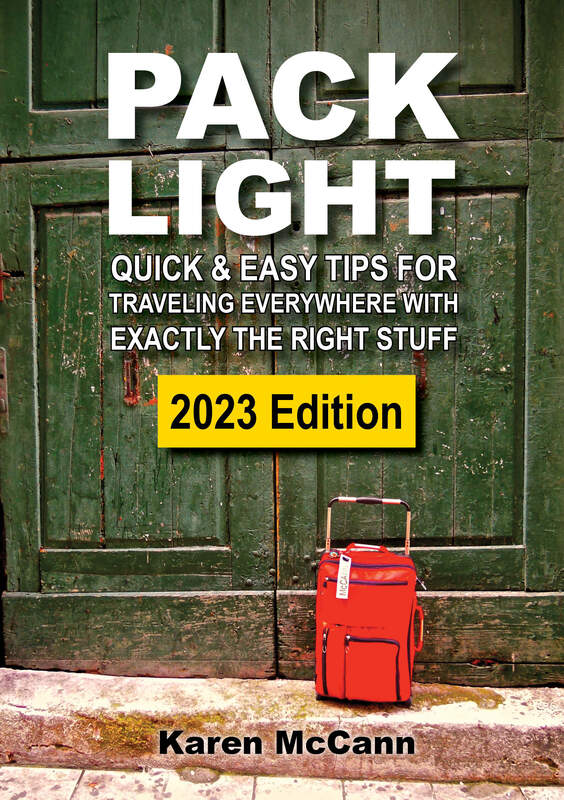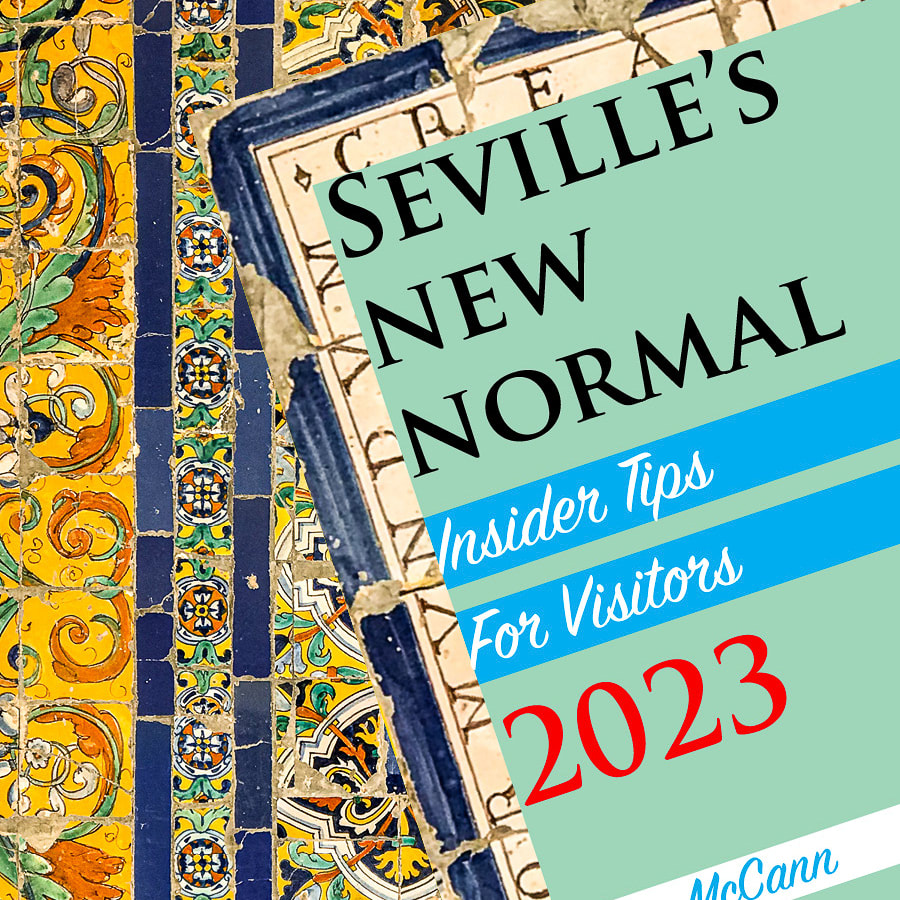|
If you've ever doubted the practical virtues of a siesta, consider Winston Churchill. He picked up the habit as a young officer stationed in Cuba and later relied on naps to sustain him during some of Britain’s darkest hours. "You must sleep sometime between lunch and dinner, and no half-way measures. Take off your clothes and get into bed. That’s what I always do,” he said in 1946. “When the war started, I had to sleep during the day because that was the only way I could cope with my responsibilities." Going abroad, we find ourselves collecting all sorts of things, from mosquito bites to regrettable refrigerator magnets, but most of all, we acquire fresh perspectives. Like Churchill, I’ve embraced the siesta. And I’ve discovered some lowering truths about American healthcare. My Spanish friends are justifiably proud of their medical system, ranked number 7 by the World Health Organization. “And we never worry about the cost,” my amigos always point out. “There’s zero risk of medical bankruptcy.” The USA, which spends more per capita on health care than any other nation, occupies an embarrassingly low 37th position — worse than Greece, Morocco, the Dominican Republic, and dozens of others. Yikes! How did that happen? Sometimes travel involves facing uncomfortable truths. Visiting places where atrocities have been perpetrated — former Soviet prisons, Auschwitz, the site of the Tuzla massacre in Bosnia and Herzegovina — has made sure I’ll never underestimate the way communal hatred can cause ordinary people to commit acts of unspeakable cruelty. Standing in Anne Frank’s hiding place in Amsterdam, it’s impossible not to think of her words, “Despite everything, I believe people are really good at heart” and ask yourself if you believe that’s true. On balance, I find that I do. Not only because I am a die-hard optimist, but because I’ve visited many places where good has vanquished evil, and freedom has replaced tyranny. I’ve talked with people who used non-violent means to overthrow totalitarian regimes — the Singing Revolution in the Baltics, the Velvet Revolution in what was then Czechoslovakia, the Carnation Revolution in Portugal. I’ve learned determined citizens can accomplish amazing things against seemingly overwhelming odds. An American president’s first 100 days are viewed as setting the tone. This one’s like a Halloween haunted house — full of endless nasty surprises that make you want to run screaming into the night. But there’s plenty to celebrate, too. Despite the all-out efforts of the most powerful political organization on Earth, there is no Muslim ban, Obamacare has not been repealed or replaced, and lawmakers are refusing to consider tax reforms until the president shows his tax returns. The Russian scandal keeps getting juicier. Bill O’Reilly is off the air, Steve Bannon is marginalized, and Barak Obama is back in action. Resistance forces have gathered strength and momentum. Our rag-tag army of the outraged, like the embattled farmers who took their stand at Lexington and Concord in 1775, is being heard around the world. How many Resisters are there? No one knows. When the Indivisibles Guide to tactical grassroots organizing went online, demand was so high the website crashed within hours. Today 1.5 million copies have been downloaded, and there are 5,300 Indivisible groups involving 200,000 citizens. This month, when Harvard grad students launched the Resistance School, the first session drew 20,000 viewers in 6000 groups from 50 states and 20 countries. Often compared to Dumbledore’s Army in the Harry Potter books, Resistance School shows us how to develop the practical skills and inner strength we’ll need to prevail against a seemingly unbeatable adversary. These kinds of online resources are great for us expats. We sometimes worry we’re missing out on the action because we can’t march on Washington, canvass neighborhoods, or voice concerns at Town Hall meetings. But if living abroad has taught us anything, it’s how to use the Internet effectively. A few weeks ago, I blogged about the #VirtualTaxMarch, which my little group, American Resistance Sevilla, launched in solidarity with the Tax Day protests. We reached out via social media, and American voters around the world responded, tweeting and posting photos with our slogan, “Show me the money.” On Day 2 of the new administration, the Women’s March mobilized 4,814,000 people around the world. Since then we’ve held many successful protests, including the Tax March, the Science March, and Town Hall showdowns. This Saturday, on Day 100, the Climate March is projected to draw 100,000 to Washington and countless more to 200 sister marches. To steal from Churchill, “This is not the end. It is not even the beginning of the end. But it is, perhaps, the end of the beginning.” We’ve survived 100 days, gathered strength at home and abroad, and figured out how to move forward with serious purpose and savvy tactics. This administration has 1360 days left, giving us 1360 opportunities to show what we can accomplish. No one can predict what lies ahead, but we can be sure it will involve hard work — and a lot of siestas. YOU MIGHT ALSO ENJOY
4 Comments
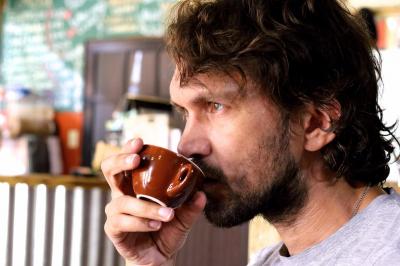 Luke Waterson Luke Waterson “I could never live abroad,” friends often tell me — and then go on to cite all sorts of reasons ranging from cost (although other countries are often far, far less expensive) to the fact they might not be able to buy their favorite brand of shampoo or peanut butter there (true). But moving abroad is seldom a rational tabulation of pros and cons, and expats always have a backstory about why they walked away from their old life without a backward glance or counting the cost. I recently asked Luke Waterson, author of thrillers, travel guides, and the blog Englishman in Slovakia, to share his how-I-got-here tale. Of course, it began with a romance … 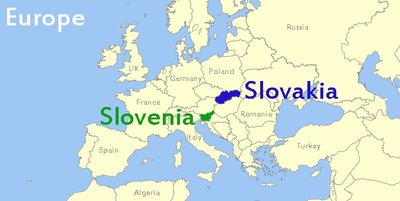 You’ve lived in Slovakia for four years now. What inspired you to move there? Love was a factor, as it often is, but after my first visit I fell in love with the place, too. The constant proximity of wilderness, even in its biggest city, Bratislava, excited me as a nature lover — and the presence within that wilderness of animals that, coming from the UK, seem pretty exciting: bears, wolves, bison… How does the common image of Slovakia differ from the reality? I think the problem Slovakia has at the moment is that no one really thinks of it very much at all. Unlike with other, bigger countries, there is no perception, at least not in Western Europe, of what the country is really like. Most of the time people think I'm talking about Slovenia! Part of the reason behind setting up Englishman in Slovakia was to try and promote — or at least inform people about — the real Slovakia. Something of its soul — its history, its wonderful nature, its formidable ruined castles, its rich folklore — was what I wanted to convey to outsiders and first-timers. How is Slovakia changing? I have a lot of faith in Slovakia's young people. They are heading up many of Slovakia's most promising, adventurous, entrepreneurial businesses, they are going away from that communist mentality entrenched in the generation above them, drawing on experiences from their own foreign travels. When, in a few years' time, this new generation is in charge of the country I believe it will be an even better place. As a travel writer, I find my readers are always interested in food. How’s the Slovakian cuisine? Traditional Slovak food is hearty mountain food — dumplings, sheep's cheese, a lot of meat. But in the cities and even the smaller towns the afore-mentioned young people are spearheading a lot of cool new restaurants specialising in everything from French and British to Middle-Eastern and Asian food. Particularly of note is Slovakia's cool cafe culture: it's not a well-known fact but Bratislava's cafes are now the equal, in terms of the quality of the coffee and even the atmosphere in which you drink it, of anything Vienna can offer. Having authored and contributed to many guide books, you clearly have a feel for what people are looking for in a great travel experience. What is it? Authenticity, for me. To have at least one experience on their holiday (and ideally several) that make for great stories — that only they have done. Experiences that perhaps challenge them slightly at the time, but then have a myriad benefits later — because they have come away with something profound and esoteric from their travels. Of course, some (maybe most!) people prefer beaches and big resorts. I don't normally aim my writing at these people, though — because they don't require it. But to truly go off the beaten track, sometimes a helping hand in terms of reliable written information is a great thing. 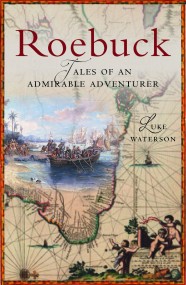 What’s the single most common mistake people make in planning a trip abroad? To try and create a bucket list of must-see sights. People try to cram in too much and rush — and each thing they do is watered down in terms of their enjoyment of it as a result. How has travel changed you? In a lot of ways. If nothing else, perspective is important. A perspective on the life you left behind to travel. It makes you appreciate all the good things in your life a thousand times more. And makes you aware of ways in which you can make the bad ones better… as a novelist, it has also made my vocabulary wider, and the palette on which I can draw in my writing infinitely more colourful. What projects are you working on now? Besides being a travel writer I am a novelist. My first novel, Roebuck, set in 16th-century Brazil, was published in December 2015 and I am now working on my second novel, Song Castle, set in 12th-century Wales. It will be published early in 2018 — watch this space! YOU MIGHT ALSO ENJOY “Bleaughhh,” exclaimed Rich, spitting out the offending liquid. “That’s disgusting!” We were in Vichy, France, sampling the famous healing waters, and Rich was finding this one — from a sulfur-rich hot spring said to keep the digestive system in superlative shape — too vile to swallow. “My stomach is fine as it is,” he assured me. “My taste buds, however, may never recover.” 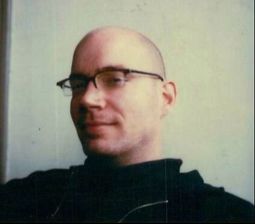 Bob Vallier Bob Vallier Some weeks earlier, we’d decided to take a rail trip to France as a getaway from Seville’s magnificent, maddening celebration of Semana Santa (Holy Week). Right now, in the run-up to Easter, the city is mobbed with a million visitors watching dozens of massive religious processions. A simple trip to the neighborhood market must be timed with military precision to avoid getting trapped behind processional lines, possibly for hours. I frequently find myself saying things like, “Rich, you don’t mind eating your breakfast cereal without milk, do you?” Planning our getaway, it occurred to me that it might be fun to meet up with members of the new American Resistance movement along the way. People everywhere are coming up with innovative forms of protesting the president’s agenda, and I was curious about what Resisters were doing in France. Our itinerary didn’t include the capital, but I spoke by phone with Resister Bob Vallier in Paris. “I’m from Flint, Michigan. And yes,” he added, the grin audible in his voice, “I know Michael Moore.” Having served as the secretary of Democrats Abroad France, an affiliate of the Democratic Party, Bob quit after the November election to become one of the co-organizers of Paris Against Trump. “The Democratic Party has some restrictions; it can’t organize demonstrations, although it can march in them, and it can’t work on French political issues. I wanted to stand up against Trump and [French alt-right presidential candidate] Le Penn.” Bob’s activist plans include staging a “die-in” on Tax Day, April 15. “We’re going to lie on the ground with signs reading things like ‘Trump’s economic agenda killed me.’ It’s a stunt; it gets attention.” We discussed the worldwide March for Science on April 22. “Even if nobody is marching in your town,” he said, “you could stage a simple standing demonstration: get a few people together, dress up as scientists, hold protest signs. People would see you; the press would see you.” Hmmm, I thought. I do have this old white lab coat I use as a smock when I paint… After arranging interviews with Resisters in Lyon and Avignon, Rich and I walked to the Seville train station and headed north. Our first stop was Barcelona, where we found a charming hotel above a bakery. In Toulouse we spent two long days in an art-theme hotel with this on the wall. Our next two cities, Limoges and Clermont-Ferrand, both had museums dedicated to the French Resistance, and we felt we should pay our respects. Low-budget and slightly cheesy, they still managed to tell a compelling story. One glass case displayed a small sign saying, “Il fallait choisir: collaborer, attendre ou résistir.” (It was necessary to choose: collaborate, wait or resist.) I’d read that the decision to join the French Resistance was usually highly personal; not surprisingly, seeing your father shot in the street or a friend sent to a concentration camp tended to be a powerful motivator. For some it was a deep visceral reaction to seeing tyranny replace freedom in their beloved homeland. Two days later we met up with Diane Sklar and her husband, Craig Becker, Resisters from New York who live in Lyon where Diane teaches at a university. “After the election, I cried for a week,” she told me. “I couldn’t believe what had happened. Then I read an article called A 12-Step Program for Responding to President-Elect Trump. And I said to myself, ‘I have to learn how to talk to the rest of America.’ Then I thought, ‘I want to hear how the Democratic Party is changing.’ And then I decided to become part of that change.” Diane joined the new chapter of Democrats Abroad in Lyon. The group will join in the March for Science on April 22, and Diane, Craig, and their cat,Ted, were happy to get in on the #VirtualTaxMarch launched by American Resistance Sevilla. A survey showed the Lyon group’s greatest concern is climate change. They’re not alone. When we met in Avignon with Dennis Shibut, he grew passionate about the topic. “I’m a physicist,” he said. “Global warming is real, and it is going to make the earth extinct if we don’t do something. I joined the Democrats because they are the only party that believes in science.” Dennis is the outgoing chair of Democrats Abroad Avignon and a staunch believer that the first step is reducing our use of oil — ideally to zero. When I told him about our #VirtualTaxMarch, he was delighted this form of protest could be carried without the expenditure of a single drop of gasoline. What do all these forms of protest accomplish? Do I really think our #VirtualTaxMarch or Bob’s Paris die-in will make the president reveal his tax returns? Probably not. But I am hoping they’ll make it just a bit more uncomfortable for him to avoid doing the right thing. And recent protests are clearly mobilizing lots of Americans. How does that help? Once you’ve mobilized for a protest, you’re less likely to stay home on election day. Among the many unpalatable things we’ve had to swallow lately — even worse than sulfurous Vichy water — is the fact that 92 million Americans didn’t bother to vote last November. I’m betting the number of no-shows will be a lot lower in 2020. YOU MIGHT ALSO ENJOY |
This blog is a promotion-free zone.
As my regular readers know, I never get free or discounted goods or services for mentioning anything on this blog (or anywhere else). I only write about things I find interesting and/or useful. I'm an American travel writer living in California and Seville, Spain. I travel the world seeking eccentric people, quirky places, and outrageously delicious food so I can have the fun of writing about them here.
My current project is OUT TO LUNCH IN SAN FRANCISCO. Don't miss out! SIGN UP HERE to be notified when I publish new posts. Planning a trip?
Use the search box below to find out about other places I've written about. Winner of the 2023 Firebird Book Award for Travel
#1 Amazon Bestseller in Tourist Destinations, Travel Tips, Gastronomy Essays, and Senior Travel
BLOG ARCHIVES
July 2024
CATEGORIES
All
|
